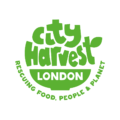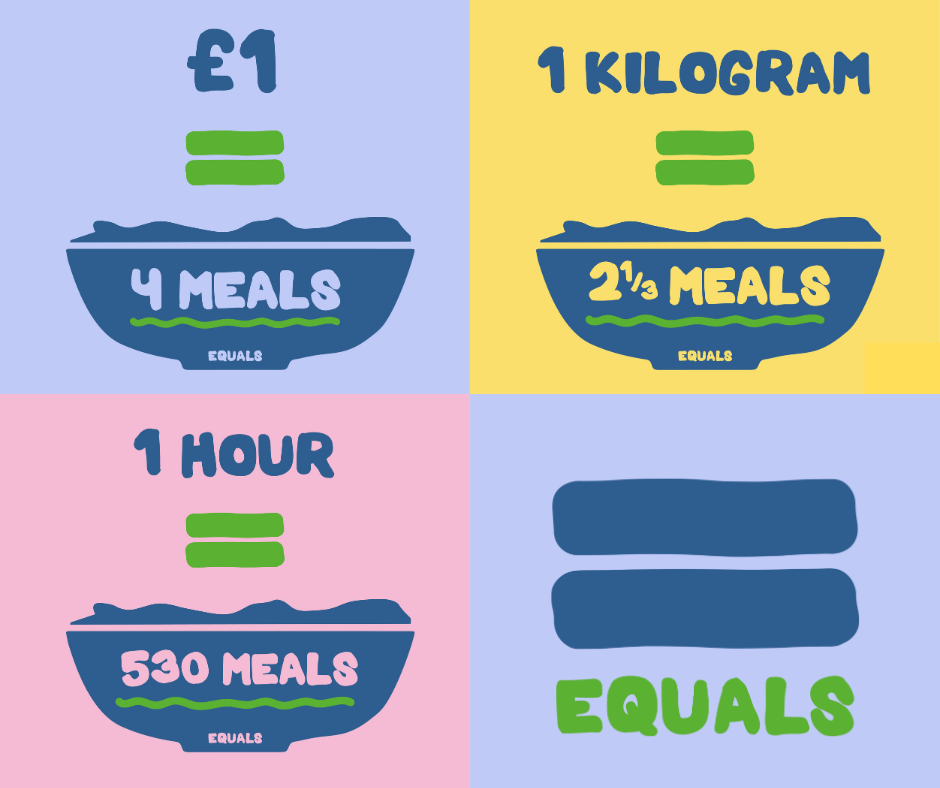The business case for tackling food waste
Every day, around three million tonnes of perfectly good food ends up as waste before it has even left the farm. That’s enough to make more than 18 million meals.[1]
At the same time, the number of people in the UK relying on food banks is higher than ever. The Trussell Trust distributed over 2.1 million food parcels in 2022. That’s 14% up on the 2019-20 period and represents an 81% increase over five years.[2]
How can we start to put things right?
If the moral argument for taking a stance doesn’t move people, there are some solid business reasons that might.
Demonstrating transparent, strong green credentials matters in today’s working climate. A growing number of people are ‘green quitting’ – leaving an employer because they disagree with its stance on the environment, sustainability, or being an ethical business.
No single person or organisation will swoop in and fix the joint problem of food waste and hunger but each of us, whether we’re in business, government or at home, has a role to play. The approach we have taken at Hawksmoor is to focus on the things we can influence and try to lead by example. It’s an ongoing piece of work that is constantly being refined. We’re not perfect, but we’re aiming high.
Because we buy raw ingredients from trusted suppliers which are high quality and bring high welfare and sustainability standards, we work carefully to prevent food waste through training and briefings in the kitchens and front of house.
There will always be some plate-waste though – uneaten food left on the diner’s plate at the end of the meal. All our leftover food waste is sent to an anaerobic digestion facility, where it is turned into biogas.
We’re also trying to give the humble doggie bag a bit of a makeover. In the US, it’s a fairly common thing to take home what you’ve not managed to eat at a restaurant, but in the UK there has traditionally been more reluctance around it. So, our teams are proactively asking customers if they’d like to take any remaining food home with them at the end of the meal. Our executive chef has written recipes that offer suggestions on how to make the most of any food you take home. We might even ask them if they have a dog – or know someone with a dog – who might appreciate a treat.
At all our West London restaurants, we fundraise £1 from the sale of every Chocolate Anglaise dessert. Those funds go to City Harvest, a London based food-redistribution charity. They collect surplus food from the entire food supply chain, including shops and restaurants and give it to people who need it. We’ve taken some of the team on volunteering days to City Harvest, helping sort stock in their cold rooms. Plus, I am on the City Harvest Food Council.
Seeing the extent of the problem, learning more about just how widespread food poverty has become here in one of the wealthiest nations, and the determination of the people trying to do something about it, changed my perspective. Getting involved with organisations like City Harvest is something I’d urge other people in the food business to consider.
For those businesses looking at B Corp certification or following the principles suggested by the Better Business Act, charity partnerships are an important part of going beyond profit and finding a place within the wider food ecosystem. City Harvest show the impact that your efforts make with credible, easy-to-understand data.
Over time, changes like this help to establish a business as the kind of employer that people want to work for, that investors are drawn to, and that customers will seek out.


